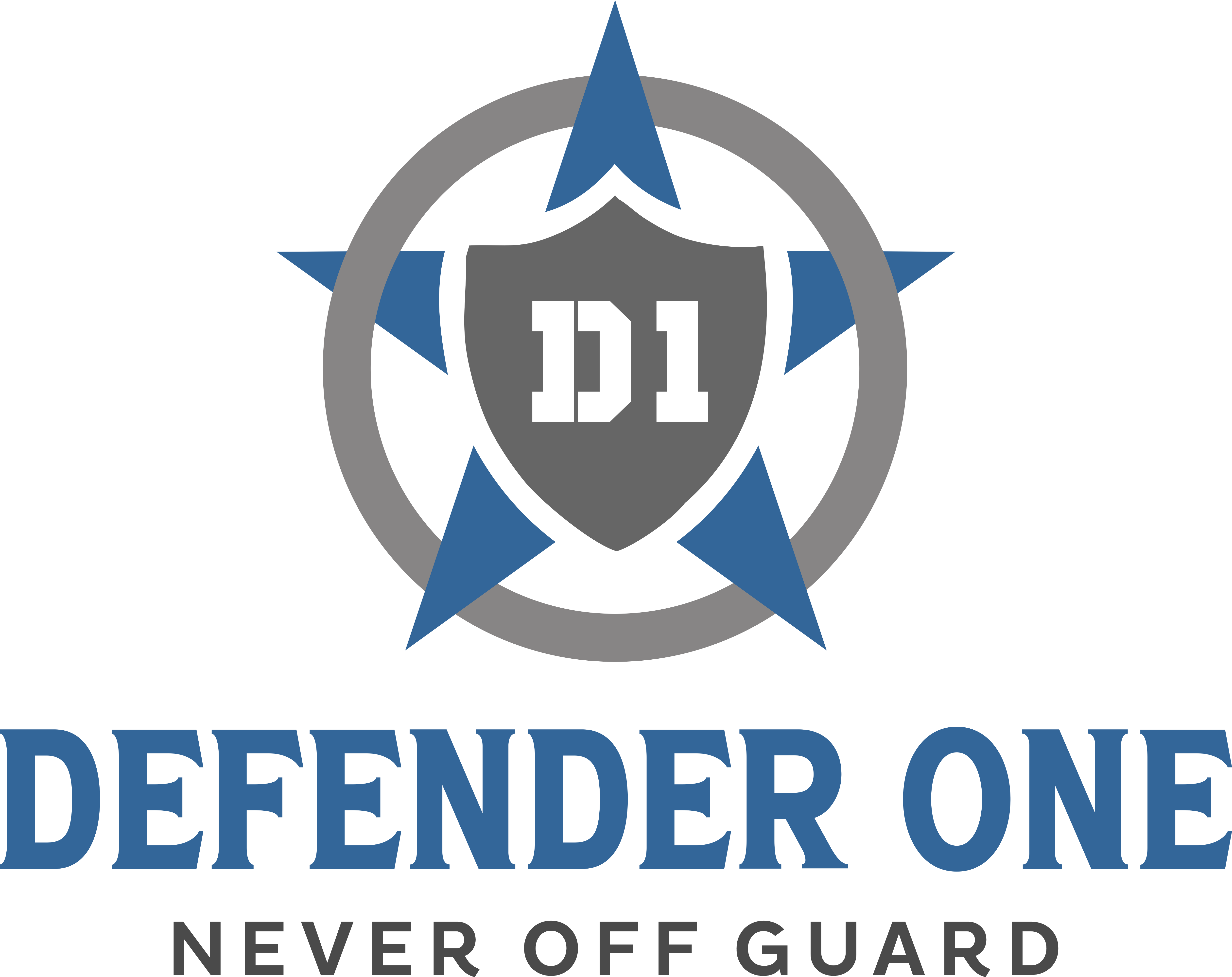Maryland’s updated 2025 security guard laws are more than regulatory changes—they’re a call to action for businesses to rethink their approach to security operations. These laws mandate stricter training, more thorough background checks, and higher accountability for employers. Compliance not only ensures legal protection but also builds trust with clients by enhancing the professionalism of your security team.
This blog outlines how these changes impact Maryland businesses, the strategies for staying compliant, and the tools that can make the transition seamless.
What the Maryland 2025 Security Guard Laws Require
Maryland’s updated security regulations aim to elevate public safety and professionalism. Here’s what you need to know:
- Mandatory Training Standards: Security guards must now complete specialized courses on de-escalation tactics, emergency protocols, and ethics.
- Thorough Background Checks: Employers are required to conduct extensive screenings, including criminal history reviews and character assessments.
- Renewed Licensure Oversight: Annual license renewals must include proof of ongoing education and adherence to ethical standards.
- Employer Accountability: Businesses face higher penalties for non-compliance, including operational restrictions and fines.
These laws aim to close gaps in training and accountability while reducing risks for businesses and the public.
How These Changes Impact Businesses
Maryland businesses must adapt quickly to avoid disruptions. Here’s how these updates could affect your operations:
- Increased Training Costs: Employers will need to allocate resources for state-approved training programs.
- Longer Hiring Timelines: The new background check requirements may slow the recruitment process.
- Enhanced Reputation: A compliant, well-trained security team boosts public trust in your business.
- Legal Risks: Non-compliance could result in hefty fines, damaged reputation, or loss of business licenses.
By proactively addressing these challenges, your business can turn compliance into a competitive advantage.
Actionable Compliance Strategies
To meet the new standards, businesses should prioritize the following steps:
- Work with Accredited Trainers
Choose state-approved training providers who offer tailored programs for security personnel. These providers specialize in de-escalation, legal rights, and emergency preparedness. - Implement Rigorous Screening Protocols
Establish robust pre-employment checks that align with the new background requirements. Use automated tools to streamline this process. - Leverage Technology
Invest in compliance software to track license renewals, manage training schedules, and store important documentation. - Regular Internal Audits
Schedule periodic audits to ensure your security operations align with state requirements. Identify and resolve issues before external inspections. - Consult Legal Advisors
Seek guidance from professionals who understand Maryland’s updated security laws to avoid costly mistakes.
These steps reduce risks and demonstrate your commitment to operational excellence.
The Critical Role of Training
Training is a cornerstone of Maryland’s 2025 security guard laws. Here’s how investing in quality education benefits your business:
- Conflict Management: Guards learn to resolve disputes peacefully, reducing liability risks.
- Legal Awareness: Employees understand the boundaries of their authority, preventing legal issues.
- Emergency Response Skills: Training in first aid, fire safety, and evacuation protocols prepares guards for critical situations.
- Professionalism and Ethics: Emphasizing cultural sensitivity and ethics ensures respectful, lawful interactions.
For example, imagine a security guard de-escalating a heated argument in a retail store. Proper training ensures the situation ends calmly, protecting your reputation and avoiding legal fallout.
Licensing: Staying on Track
Maryland’s updated licensing rules require greater diligence from both employees and employers. Businesses must ensure compliance with these standards:
- Annual License Renewals: Security guards need to renew their licenses yearly, with proof of completed education programs.
- Ethical and Professional Conduct: Licenses may be denied or revoked if guards fail to meet the state’s ethical standards.
- Employer Responsibility: Employers must verify their guards’ credentials and maintain up-to-date records to avoid penalties.
Failing to meet these requirements could lead to significant operational disruptions, making proactive planning essential.
Technology’s Role in Compliance
Embracing modern tools can ease the burden of meeting these new requirements. Here’s how technology can help:
- Compliance Management Platforms: Track deadlines, training certifications, and licensure renewals with centralized software.
- Digital Background Checks: Automate screenings to improve efficiency and accuracy.
- Online Training Solutions: Use virtual platforms to deliver state-approved courses, reducing logistical challenges.
Adopting these tools minimizes administrative overhead and ensures nothing slips through the cracks.
Balancing Costs and Benefits
While compliance may increase upfront expenses, it also delivers long-term advantages:
- Reputation Building: A fully compliant team strengthens your standing with clients and stakeholders.
- Risk Reduction: Proper training and licensure prevent costly legal disputes and fines.
- Operational Efficiency: Technology solutions streamline processes, saving time and reducing human error.
For instance, a business that invests in ongoing training and robust compliance tools may save thousands by avoiding lawsuits or reputational damage.
Conclusion
The Maryland 2025 security guard laws mark a turning point for the industry, demanding higher accountability and professional standards. While the changes require investment, they ultimately strengthen your business by improving service quality, reducing risks, and enhancing client trust.
By staying proactive—partnering with approved trainers, leveraging technology, and maintaining rigorous oversight—you can ensure a smooth transition and position your business as a leader in Maryland’s security landscape.

